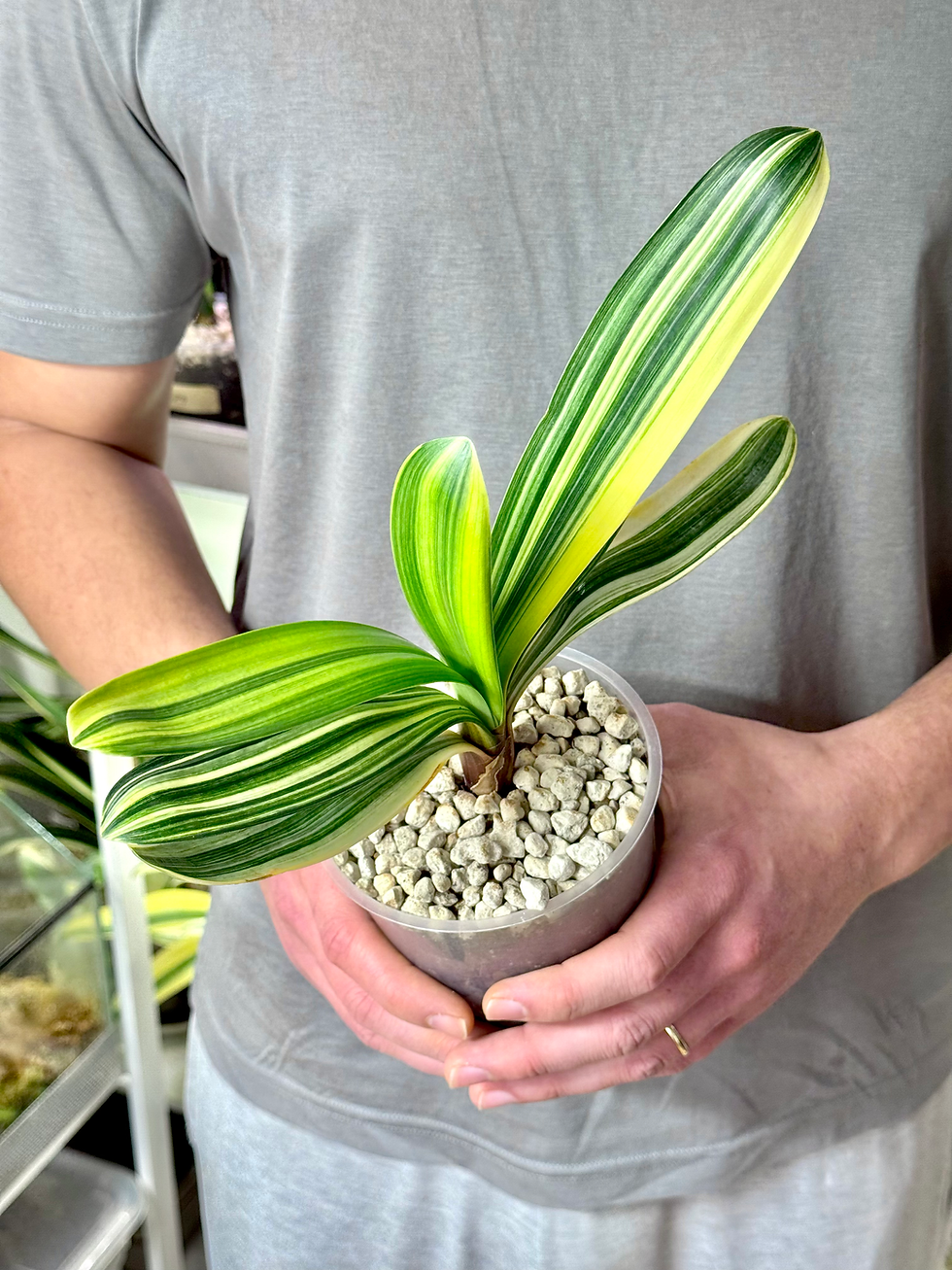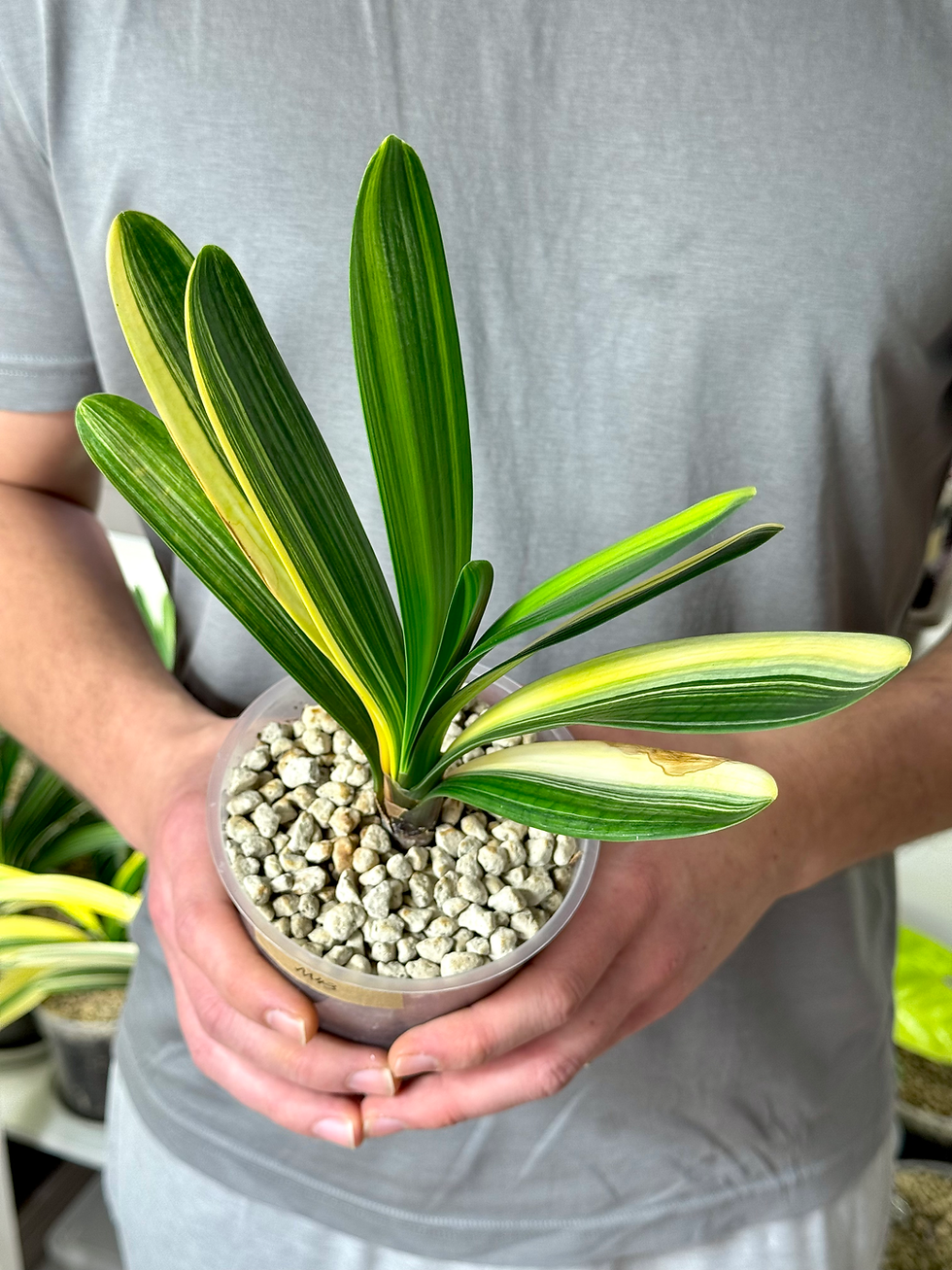Activated charcoal, which is made from coconut shells, is particularly characterized by its fine pores.
Our high-quality activated coconut charcoal enables pollutants to be filtered through adsorption (attraction).
However, it does not remove any minerals such as magnesium, calcium, or potassium and trace elements.
Our high-quality activated coconut charcoal contains material with extremely high porosity and thus helps to create and maintain optimal water and soil quality.
Important features of Our high-quality activated coconut charcoal are the outstanding hardness and the thorough dedusting during production, which lead to particularly low-dust activated carbon.
Activated Coconut Charcoal / Activated Carbon 350g (Plants & Aquariums)
FUNCTIONALITY
During the watering process, the water flows over the activated coconut carbon, it is treated with oxygen at the same time, so that millions of small pores are formed between the charcoal (carbon) atoms. This increases the surface area and strengthens the surface adhesion. This way, undesirable ingredients are attracted and trapped at the same time.
COMMONLY USED
- For plants
- For aquariums
- For cleaning surfaces
- For dishwashersBENEFITS
- Activated charcoal rids the soil of impurities, repels insects, and prevents mold and odors. It's also extremely porous, meaning that when you drown your leafy friends in the water, it will absorb the excess, thereby preventing root rot.
- Being an excellent absorbent, activated charcoal for plants absorbs the fertilizer quickly and releases it slowly over time. This keeps the soil remain fertile for a longer duration of time, as the essential nutrients won’t leach soon. It also saves the plant from overfertilization.
- As the soil becomes become more porous, it improves the air circulation, which ultimately aids root development.
- It improves the drainage of the soil by making it more porous. Thus, decreasing the chances of waterlogging.- It’s great for container gardeners as well. You can add a layer of granular activated charcoal at the bottom of the pot to improve drainage.
- Activated charcoal absorbs excess water in case of overwatering, thereby saving the plant even if there is excess water in the soil.- To improve porosity, you can mix the activated charcoal in the potting soil.
CAN I USE BIOCHAR INSTEAD?
Activated charcoal can be directly added to the soil, but applying biochar directly to the soil can have negative effects !
Biochar is used as a soil amendment, but it has to be activated.
In general agricultural usage, the four methods of activating biochar are: Incorporate into a mix of biochar, worm castings, garden compost, organic fertilizer, and water. To this can be added urine, liquid fertilizers, or animal manure that has aged.CAN I USE GRILLING CHARCOAL INSTEAD?
The quick answer is "no." If you still want to try it, make sure there are no extra chemicals in the grilling charcoal first. Organic grilling charcoal, for example, may do the trick, but you won't see the same results as you would with other types of charcoal.
Not activated charcoal is not to be used directly, instead, it is used for composting purposes. It is a great ingredient for composts, but we would not suggest using it directly for your indoor plants or soil mix, it can also end up increasing the pH levels of the soil.
SIZE
8x30 US Mesh (0.6mm-2.36mm)
Average Size : 1.4mmAt least 93% of the granules by weight are larger than 0.60mm and at least 90% of the granules by weight are smaller than 2.36mm
IODINE NUMBER
Min. 1000 mg/g
Iodine number is the most fundamental parameter used to characterize activated carbon performance. It is a measure of activity level (a higher number indicates a higher degree of activation) often reported in mg/g (typical range 500–1200 mg/g).CONTENT
350g

















